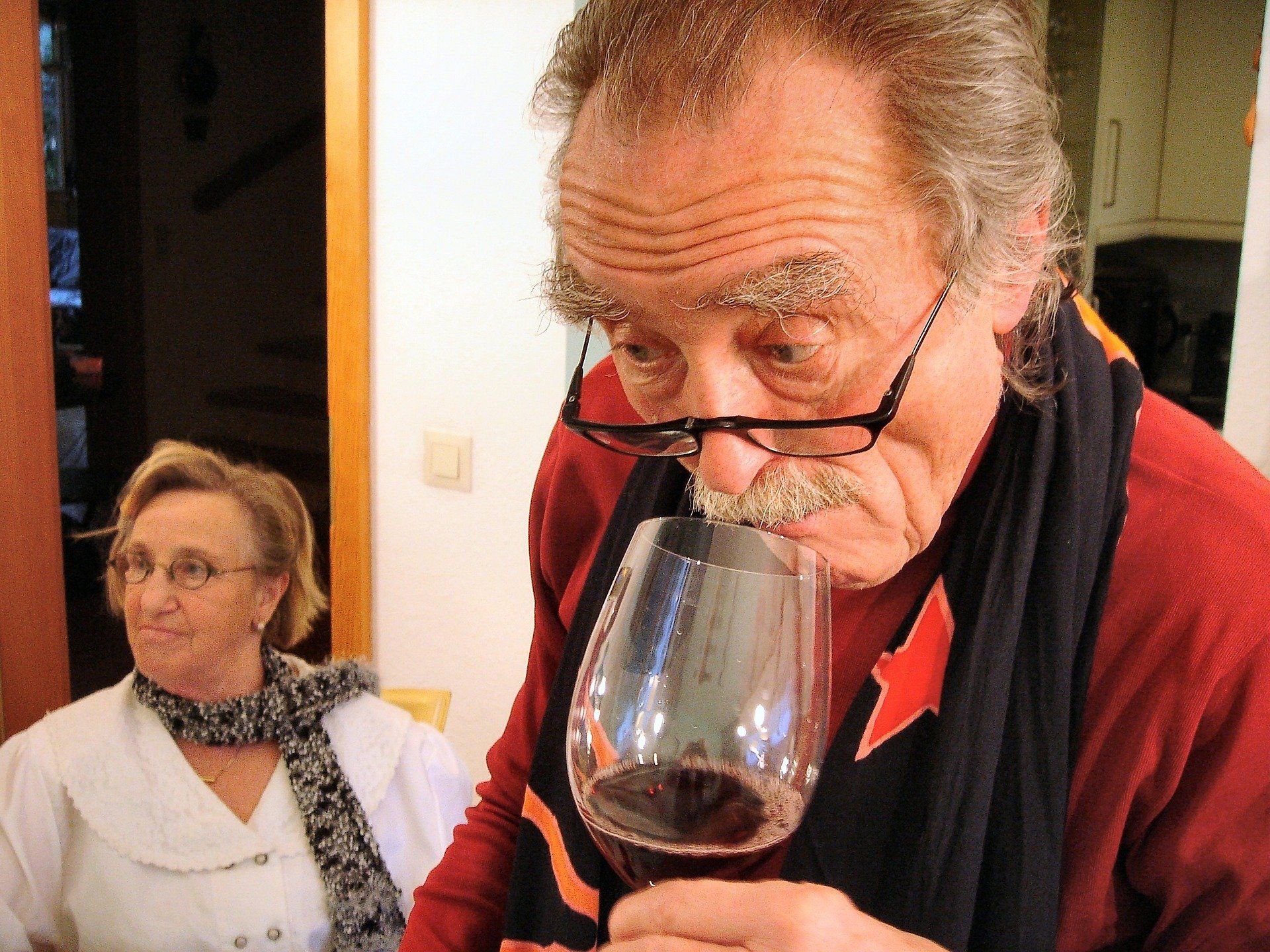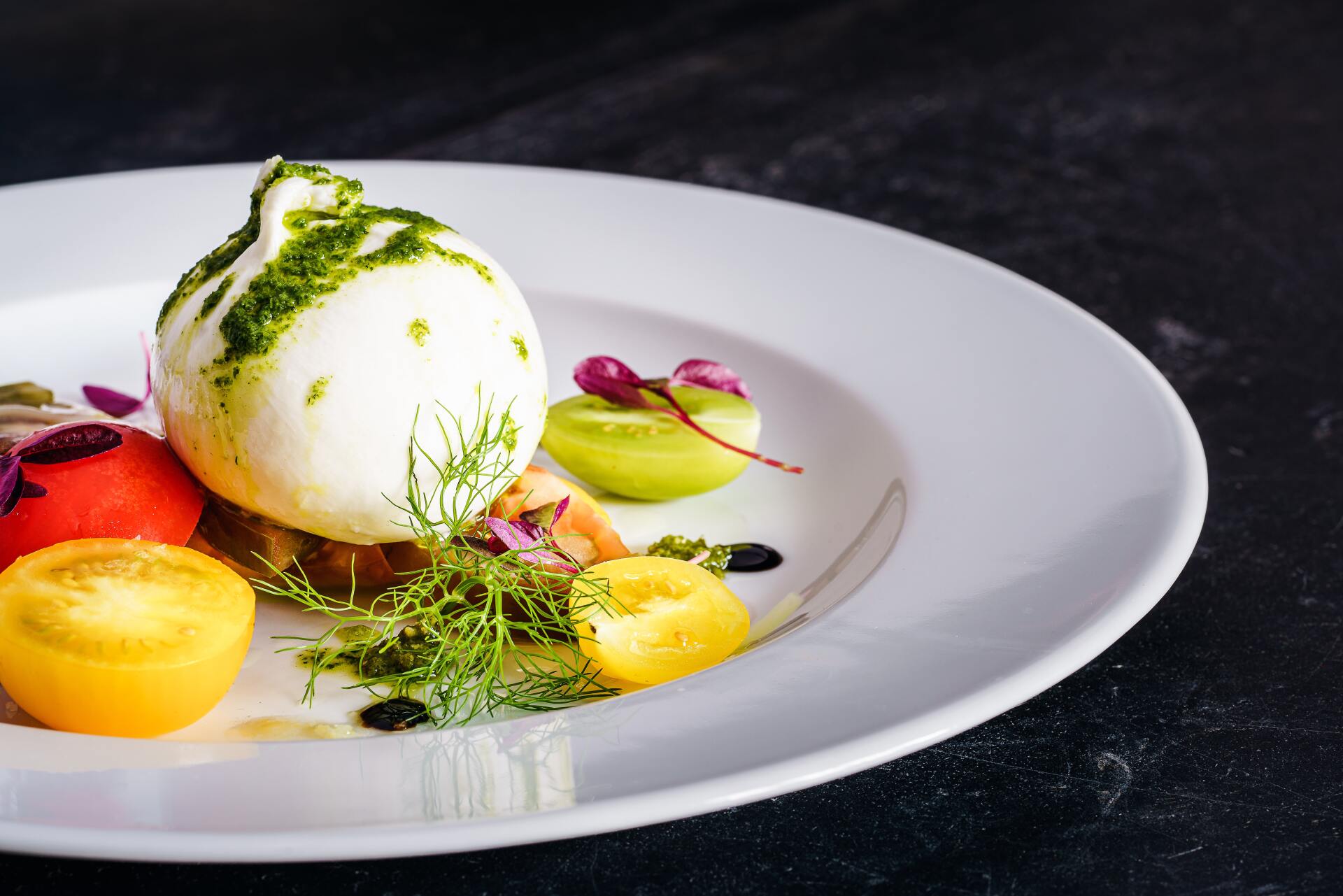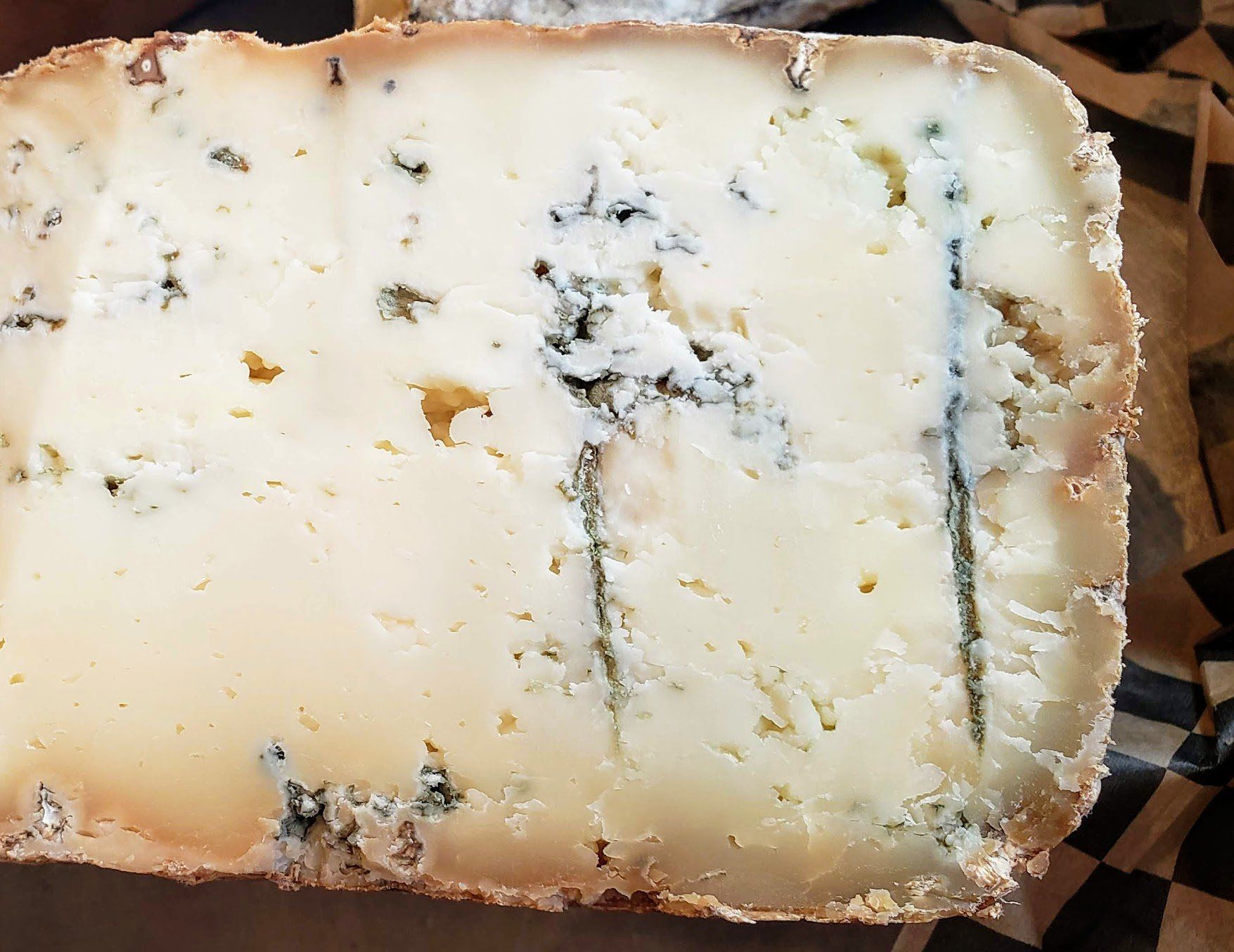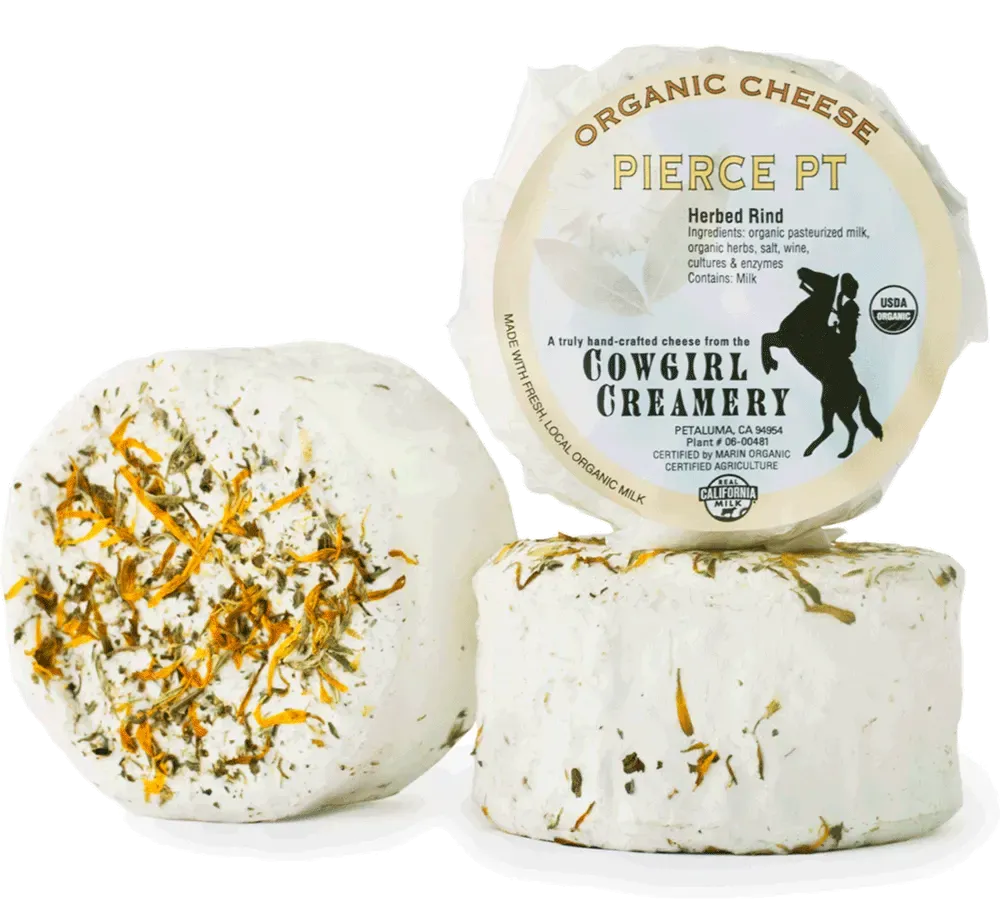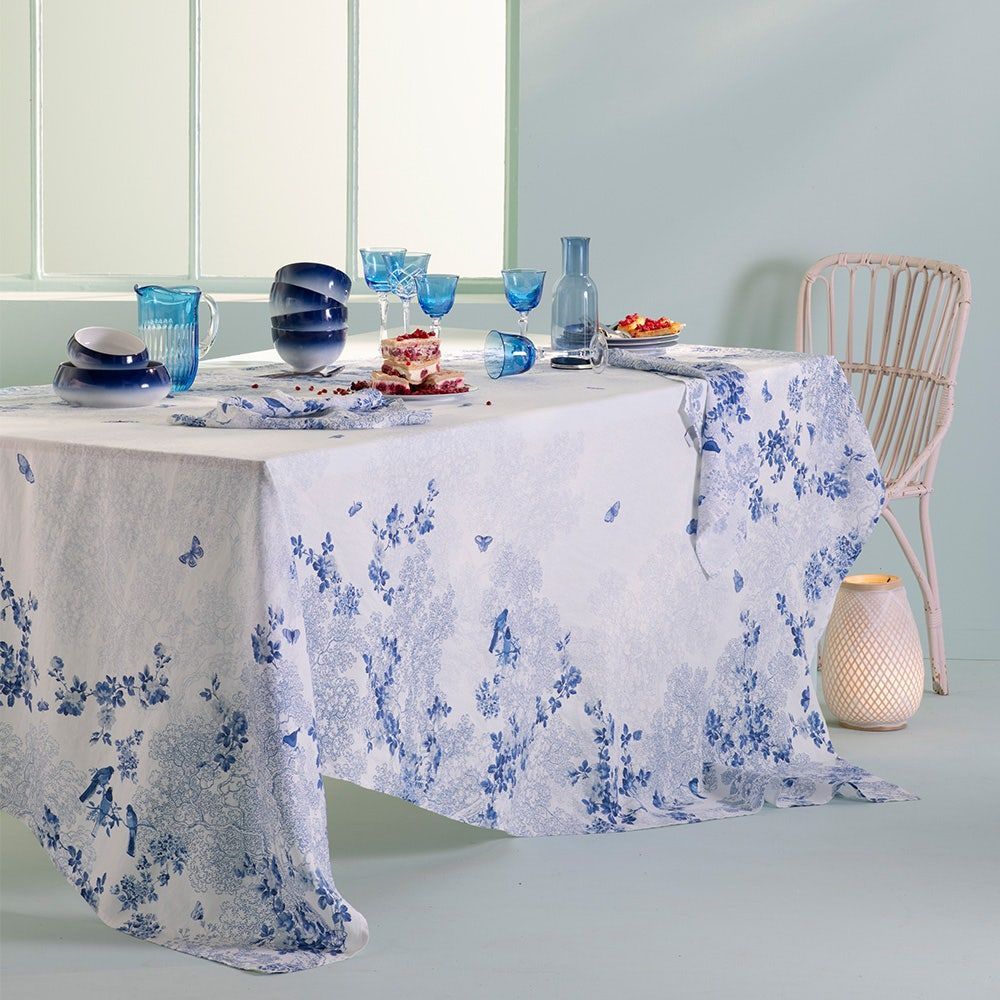Tasting Opportunity
Join us for a special seated tasting on Thursday, May 15 from 5–7 PM with
Clarke Boehling of Rosenthal Wine Merchant
While visiting trade accounts in the area, Clarke has carved out time to lead this intimate tasting—and we’re thrilled to host him. This is a rare chance to explore the Rosenthal portfolio through the eyes (and palate) of someone who knows it inside and out. Tickets here.
Why Rosenthal Wine Merchant Matters
Rosenthal Wine Merchant is regarded as one of the most respected and influential wine portfolios in the U.S.—especially among professionals and collectors who value terroir-driven, traditionally made wines. Their selections are not only consistent in quality, but they represent a philosophy rooted in place, craftsmanship, and authenticity.
1. A Legacy of Terroir
Rosenthal has long championed the idea that wine should express where it's from—long before “terroir” became a common term in the wine world. Each wine in the portfolio is chosen because it tells a story of origin: the soil, the climate, the people behind it. This emphasis on place is what gives the portfolio its unmistakable character.
2. Deep Relationships with Growers
The portfolio focuses on small, often multigenerational, family-run estates. Rosenthal maintains direct and longstanding relationships with these producers—many of whom farm organically or sustainably, and work by hand. These are wines made with care, not just technique.
3. Classic, Old World Focus
Rosenthal’s strengths lie in France and Italy, with notable representation from regions like Burgundy, the Loire Valley, the Jura, Piedmont, and Tuscany. While these areas are well known, the producers within them are often under-the-radar, offering wines that surprise even seasoned palates. There are also a few carefully chosen selections from places like Switzerland and Spain.
4. A Commitment to Traditional Winemaking
This is not a portfolio of trends or market-driven styles. Instead, it features wines made with restraint and intention—often following methods that haven’t changed for generations. Minimal intervention, neutral oak, native yeasts, and thoughtful aging are the norm.
5. Consistency and Curation
Unlike larger portfolios, Rosenthal remains tightly curated. It’s not trying to be all things to all people. As a result, many sommeliers and retailers trust the Rosenthal back label implicitly—it’s a mark of quality and style.
In Short:
Rosenthal represents wines of soul and integrity. These are producers who care deeply about their land and heritage. The wines are expressive, age-worthy, and thoughtfully made—but still accessible. If you're drawn to wines that aren’t mass-produced but instead tell a story of place, this portfolio is worthy of your exploration.
